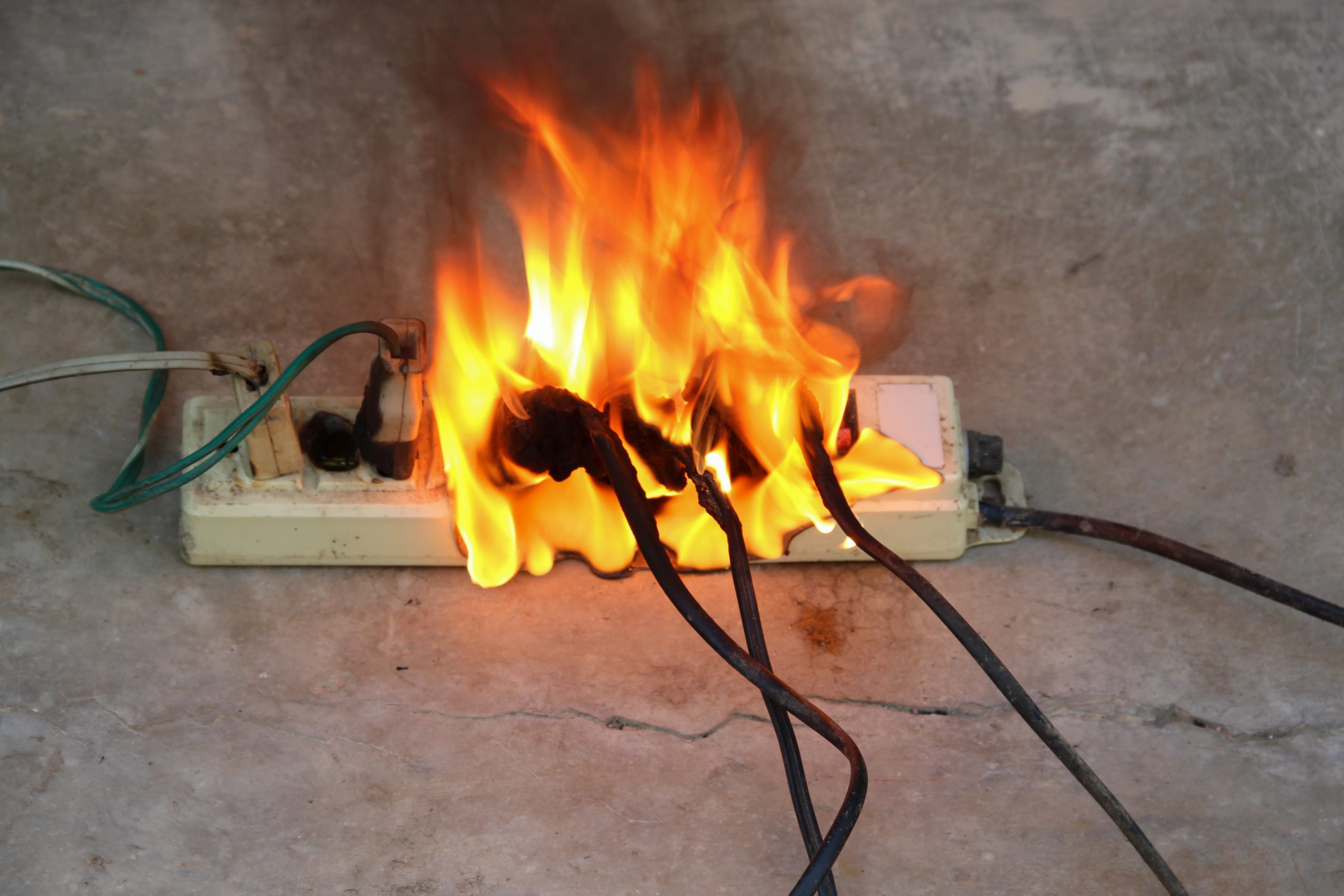There are over 1 million house fires in the United States each year. Some of these are minor and require minor restoration, and some of these are major and cause complete home loss. In the middle are plenty of homes that suffer immense destruction and the need for extensive restorative care. Not only do these house fires do serious damage to a home, but they can also be fatal for those living inside. The best way to avoid the extensive restoration often necessary after a fire is to do your best to prevent a fire from occurring.
5 Fire Prevention Tips For Any Home
The right fire prevention tips can save your life and save the life of your home. 5 fire prevention tips for any home include:
- Install and regularly check fire alarms – One of the single most important things any home or property owner can do is install fire alarms in every room of the property and check them every season. If a fire does spark, you don’t want to only be alerted when the smoke reaches the other end of the structure, as by that point it might be too late to save your structure or exit it safely. Fire alarms should be checked every 3 months to ensure they are working effectively.
- Learn how to use a fire extinguisher – While cooking especially, a small fire can catch before you know it, and in just seconds it can begin engulfing a space. Knowing how to use a fire extinguisher can help immensely in stopping the fire before it gets out of control.
- Learn how to address a grease fire – Gas stoves cook food more evenly and they’re a favorite for those who really want to express their culinary prowess in their own home kitchens. However, they can also be quite dangerous when cooking greasy foods. A grease fire can spread rapidly, and knowing how to address a grease fire can make a huge difference in your safety and the safety of your home. Water should never be put on a grease fire, and stomping out the fire with a kitchen towel is unsafe as well. Instead, use a pan lid, baking sheet, baking soda, or salt poured over the fire to put the fire out. If the fire does not go out, call the fire department immediately.
- Keep watch on your electric – Electric fires are silent, fast moving, and particularly deadly. Make sure all electrical work in your home is carried out by a licensed electrician, and your wiring is inspected regularly.
- Keep your chimney clean – Chimney fires are a major hazard in the winter months, as too few chimneys are cleaned regularly enough. Chimneys should be swept of debris at least once per year and all flammable materials kept far away from your fireplace.
What To Do After A Fire
If a fire does occur, restoring your home is a big job. You’ll have smoke damage, fire damage, and water damage from the water used to put the fire out. If you’re in need of complete restoration after a fire, call our professionals at Blackhill Restoration today.

